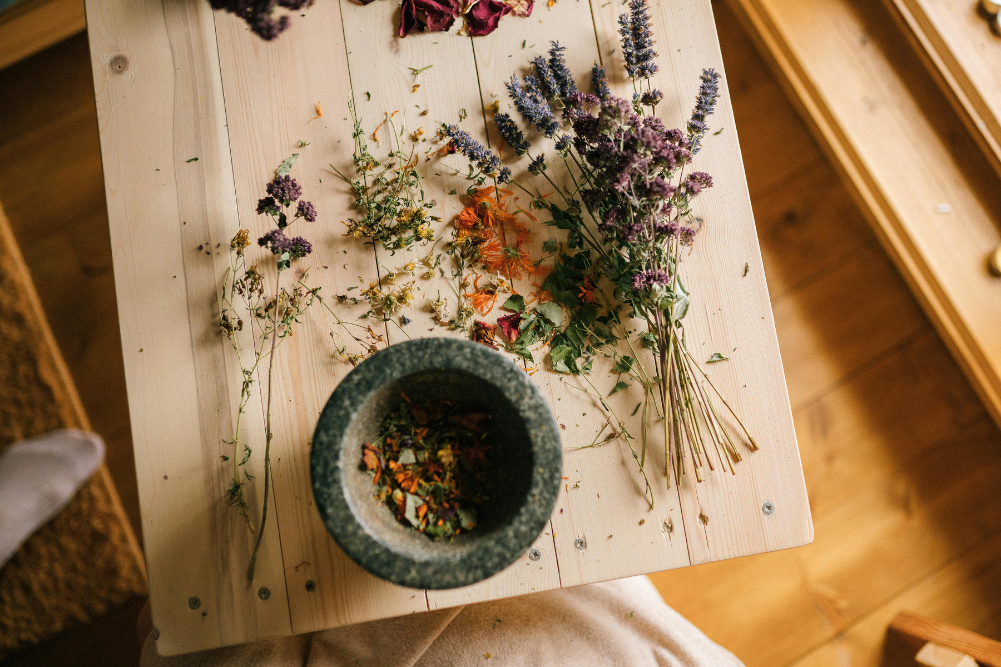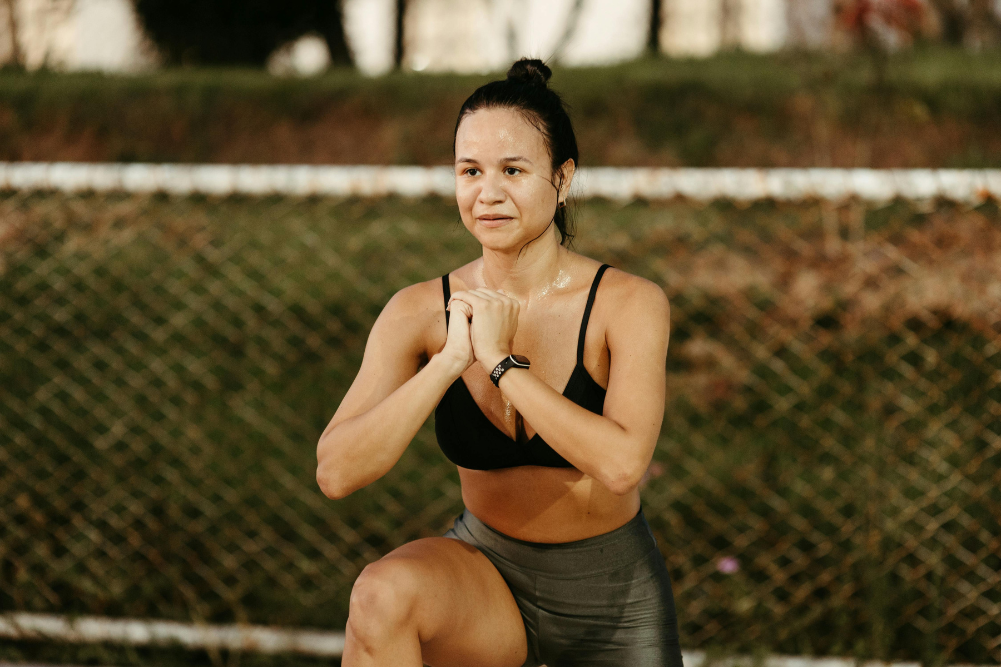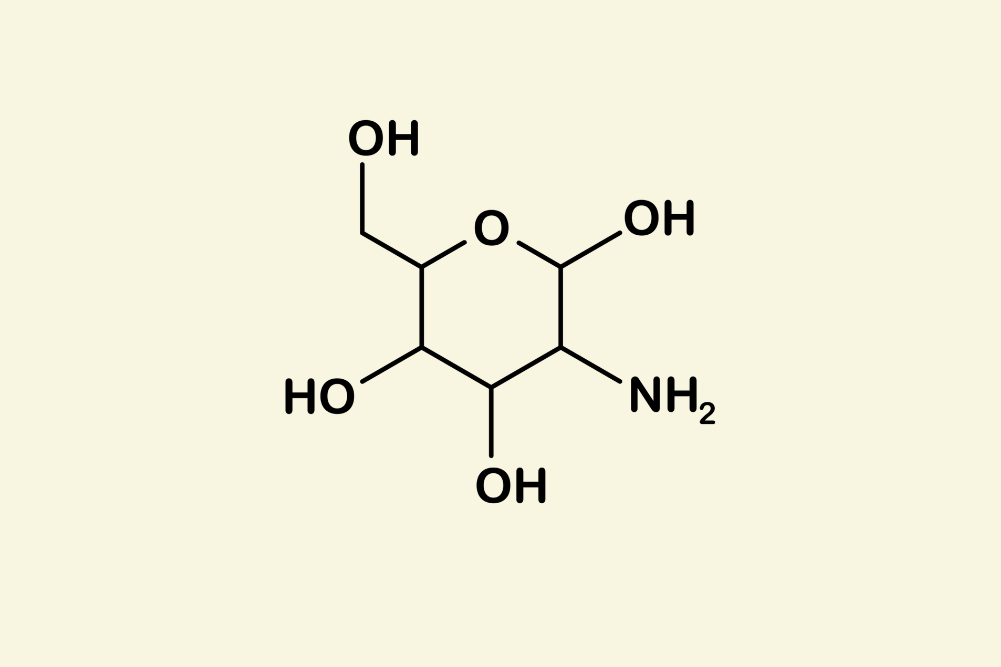The hidden causes of fatigue
Fatigue is a common issue, even when you think you’re doing everything right. Despite getting enough sleep, exercising and managing stress, many of us still feel constantly drained. Hidden causes, from caffeine overload to hormonal imbalances and even undiagnosed health conditions, may be silently contributing to your ongoing exhaustion. Discover what’s zapping your energy.
You’ve clocked up plenty of snooze time, stuck religiously to your new exercise regime, cut your work hours to reduce stress, but you still feel tired… all the time.
Feeling fatigued is not uncommon. In fact, it’s nipping at the heels of many Australians – among them, working parents. A 2021 study by McKinsey & Company reported 62 per cent of employees were feeling overwhelmed and exhausted.
Exhaustion weighs on our minds, it zaps our energy, impacts on our relationships with those around us and can make us feel depressed.
Holly Phillips, author of The Exhaustion Breakthrough, writes that fatigue can have a ripple effect. “When it strikes, it can knock you off your equilibrium or take you down for the count with a barrage of symptoms,” she explains. Among these are “shortness of breath, sluggish digestion, random aches and pains, frequent sinus infections or migraine headaches.” And that’s just the tip of the iceberg.
Sometimes when we push ourselves beyond our physical and emotional capabilities, our minds, bodies and spirits pay the price. Looming deadlines, juggling way too many balls in the air and being constantly exposed to negative energy can propel us towards an inevitable breaking point.
While some causes of fatigue are commonly known, such as poor sleep habits or chronic illnesses, others tend to fly under the radar.
Too much caffeine
In cafes, bistros, workplaces and kitchens across the nation, there are millions of us blissfully enjoying the heady pick-me-up of a morning brew. We live in a caffeine-infused culture – coffee becomes a social lubricant, an instant pick-me-up and a simple pleasure to be enjoyed, one sip at a time.
Worldwide, coffee is the single biggest beverage consumed after water. Caffeine can increase alertness, but it’s a double-edged sword. It can also make it harder to drift off to sleep. Dr Sergi Ferre, a brain scientist, explains that our bodies produce a chemical called adenosine, which builds up during the day. The sleepiness you feel is adenosine, telling your brain when it’s time to rest. Caffeine blocks adenosine from working on brain cells and this prevents you from feeling sleepy.
If you feel fatigued, reduce your caffeine intake and source refreshing drinks with lower or no caffeine such as minty iced tea or an energising fruit smoothie.
An undiagnosed UTI
Urinary tract infections can be caused by an infection in the bladder, ureters and kidneys. Most infections involve the bladder or the lower urinary tract. According to the Advanced Urology Institute, if you have a UTI, you might notice changes in your urine. It could have a strong odour, be cloudy or even tinged with blood. You might also experience a feeling of unexplained pressure apparent in your lower abdomen or pelvic pain. It can also make you feel lethargic.
In some cases, however, a feeling of malaise and fatigue can be the only sign of a UTI. If you are feeling a sense of unexplained fatigue, it’s time to pop along to your medical practitioner to rule out an undiagnosed UTI.
Who let the air out of my balloon?
Perhaps a better question is, why did you let them? Toxic relationships can zap your energy. Sometimes walking away from someone who isn’t good for you is essential for your emotional and physical wellbeing. Kate James, life coach from Total Balance, says we should choose our friends wisely. “After interactions
with people who are negative or unkind about others, it can deplete our energy. A different kind of interaction, a positive one with someone, can uplift and energise us,” she says.
Being around someone who constantly stresses you causes your body to release hormones that produce physiological changes. This “fight or flight” stress response depletes energy supplies in your body, which can lead to feelings of fatigue.
We all have our inner truth, our intuitive knowing that guides us. Choose friendships that nurture your spirit and let go of those that leave you feeling miserable and drained of energy.
Tipping point
Hormonal imbalances are another potential cause of fatigue. Your body’s endocrine system is responsible for releasing hormones into your bloodstream where they work to regulate mood, development, growth and your metabolism.
An underactive thyroid (hypothyroidism) can make you feel sluggish and tired, an overactive one (hyperthyroidism) can cause weight loss, rapid heartbeat, mood swings and tiredness. Blood tests can determine if you have an over or underactive thyroid.
If your cortisone, testosterone and oestrogen levels are out of balance that can also impact on your sleep, mood and energy levels. Reduce stress where possible. Do what you can to support a healthy microbiome, which maintains your digestive and mental health. This means eating a range of whole, healthy foods, including vegetables and fruits, nuts and legumes. Avoid highly processed and high-fat foods, and those with refined sugars. Fresh is best.
Lowered metabolic rate
If your body isn’t converting food into energy as optimally as it should, this leads to a sluggish metabolism and feelings of tiredness and fatigue. Eating too few calories also influences your metabolism, as your body can go into starvation mode and you’ll feel low on energy.
Skimping on protein can also lead to reduced energy levels. A rise in metabolic rate that happens directly after food is consumed is called the thermic effect of food. This is markedly higher in proteins than carbohydrates or fat. According to Dietitians Australia, women need 0.75g per kilogram of body weight a day of protein, for men its 0.84g per kilogram of body weight.
Strength or resistance training is another way to increase your metabolic rate, which in turn can make you feel more energised. Strength training works to increase muscle mass, which helps to increase the number of kilojoules that you metabolise. It’s important for healthy aging to work to maintain muscle mass, which depletes as you get older.
Hey sunshine
Vitamin D is a nutrient that’s beneficial for your immune system and muscles. It regulates your body’s cellular functions and plays an important role in building and maintaining healthy strong bones.
When your skin is exposed to direct sunlight, it absorbs the radiation and converts it into vitamin D. Insufficient stores of vitamin D in your body can zap your energy.
A 2017 Italian study of 480 older patients showed low levels of vitamin D was linked to fatigue. And it’s not just seniors who can feel the effects of not absorbing enough vitamin D. A small 2020 study in the Journal of Sleep Medicine of 39 children showed low vitamin D led to sleep disruptions and fatigue.
Staying sun safe is important. Australia has the dubious honour of being the melanoma capital of the world, so while we all diligently slip, slop, slap, slide and seek shade to avoid skin cancer, does that mean we are not getting enough exposure to sunlight? According to Cancer Council, taking measures for photoprotection doesn’t compromise vitamin D synthesis. It has minimal impact on vitamin D levels over time.
So, if you are feeling fatigued, grab a book, a hat, a long cool drink and catch some rays.
Quench that thirst
If you’re feeling exhausted, many will squarely point the finger at overloading your schedule, working crazy long hours and cramming more on your to-do lists. But one very often overlooked culprit is dehydration. You might just be thirsty.
Zara Nance from the Accredited Sports Dietitian School of Health, Nutrition and Dietetics University of the Sunshine Coast says ensuring you drink enough H2O is not only important for our bodies but also for our minds. “Our bodies are 60 per cent water, and our brains takes up about 70 per cent of water, so if we aren’t drinking enough, our brain function is also impacted,” she notes. This is because as dehydration sets in, your blood pressure drops, leading to poor circulation and reduced blood flow to your brain. You’ll also feel tired.
Not sure if you are hydrated enough? Nance says it’s important to check your urine. “You’re aiming for a pale yellow, not crystal clear or dark yellow,” she says. Nance explains that thirst can also make you feel hungry. “If you feel hungry, before you grab a snack, think to yourself, have I had enough water as well?
If you are thirsty, you are already dehydrated. So, to stay well hydrated aim for 2-3L a day. And for every hour of exercise, drink another litre. “If you struggle to drink water, to make it more palatable, add lemon, berries or orange,” says Nance. “In cooler temperatures, try herbal teas.”
Food intolerance
Fatigue may rear its head if your body shows adverse reactions to eating certain foods.
For example, Nance says this could be IBS, a reaction to the body not being able to digest certain foods or fibres. “You can have diarrhoea, constipation, bloating and gas – these symptoms can take up a lot of energy and leave you feeling fatigued,” she says. “It’s hard to feel motivated and energetic when your body and digestive system aren’t working in synergy.”
There is a difference between intolerance and allergy. Food intolerances are related to difficulty in digesting certain foods, while a food allergy can be caused by an immune system reaction to certain foods.
Eating regular meals, and what those meals are made up of, is key to good health and wellbeing. Nance stresses food plays a big part in energy levels. “Are you getting enough protein to support your immune system and muscles, and good-quality carbohydrates, along with colour in your diet?” she asks. “This supports gut health, which directly impacts on brain health.”
Sleep apnoea
If you snore, toss and turn during the night or wake up with a sore head, you could be suffering from sleep apnoea.
According to Neuroscience Research Australia, sleep apnoea is one of the most common sleep disorders, affecting approximately five per cent of the Australian population.
It’s also often undiagnosed, in fact up to 80 per cent of people with sleep apnoea don’t even know it, according to research by American Kevin Finkel and his colleagues.
The Sleep Health Foundation of Australia describes obstructive sleep apnoea (OSA) as repeated episodes of partial or complete obstruction of the throat during sleep. There’s a brief interruption to sleep (an arousal) that lasts for as little as three seconds. Then breathing starts again but your sleep is disrupted as a result. Surprisingly, these episodes of obstruction may happen many times, even hundreds of times a night.
The foundation says that for people with a mild level of OSA and few symptoms, losing weight, decreasing the amount of alcohol consumed in the evening or adjusting the sleeping position may be all that is needed. Sleeping on your side may help decrease OSA episodes.
Where’s my “off” switch
In this fast-paced world we live in, at times it’s hard to go far from the maddening crowd to refresh and revitalise your spirit. James says taking time to rejuvenate and refresh, to press pause, is essential for your health and wellbeing. “If you are tired all the time, stop and assess where your time goes,” suggests James. “The inclination to say yes to requests from others is almost like our default switch, particularly for women, even when we are overwhelmed.”
James says this is particularly true in the workplace – where women can feel the pinch of “imposter syndrome”. “We think one day someone is going to tap us on the shoulder and say, ‘Hey, you are not supposed to be here.’ You feel you got here by good luck, so you have to work harder,” she says. Set better boundaries and learn to say no if you are feeling depleted. Reach out for help and support if you aren’t coping.
James says it’s important to regularly check in with yourself. “How am I feeling? Even hour to hour or day to day. From that place of awareness, we have that opportunity to think about what we could change to make us feel more energised.”








